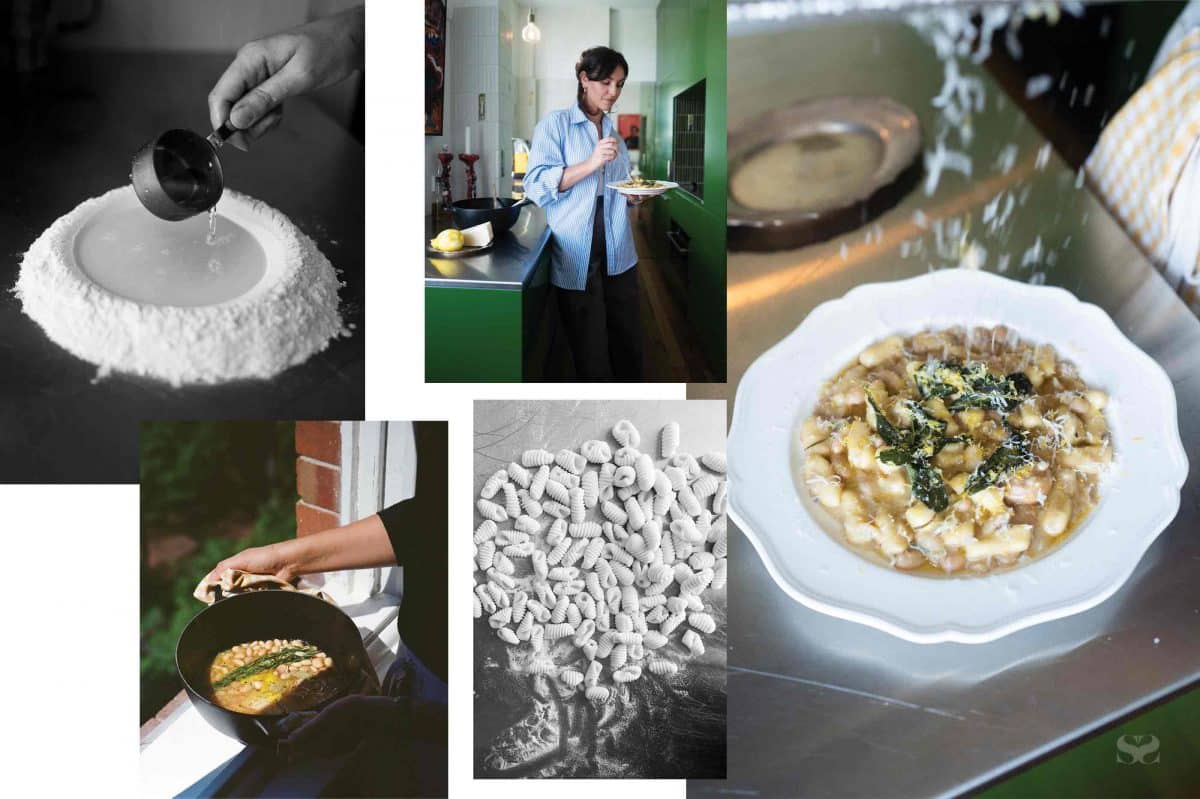
By now you've probably heard the term 'vegan wine' floating around. No doubt you've seen it on Instagram or uttered from the mouths of your more curious friends. But what makes a wine vegan, exactly? For those of us not immersed in the world of wine and spirits, it can be difficult to cut through the white noise of jargon and lingo that we inevitably meet. Especially submerged in the aisles of our favourite wine stores. Few of us have the luxury of a sommelier to consult in our moments of inevitable confusion. To remedy this, we've enlisted the help of Andy Tyson, part-owner of RUSSH favourite restaurant Bistrot 916 and slave to the grapes; having grown up immersed in restaurants we're all in safe hands. Read on as he sheds light on the phenomenon of 'vegan wine'.
Why do people use animal products when making wine?
Because they are either hippies or yuppies! When making wine, there are two processes that can involve using animal products.
1. Fining
The biggest vegan trap is the 'fining' process. Simply put, clarification and stabilisation. Animal products can be used here. These elements are used in commercial wines; the ones that need to hit the market as soon as possible and as such, want to reduce the amount of time spent fining their wines. You'll often find these kind of producers/wines at Dan Murphy's and BWS.
Normally, wine makers will let the fining process occur naturally, allowing any sediment to fall to the bottom of the barrel. This can take around 2 years and as already mentioned, is undesirable for those wanting to push their product quickly.
Country by country the wine labelling laws differ. Australia has fairly strict labelling laws in regards to non-obvious ingredients or preservatives that might be added or used during the winemaking process. Unfortunately these are not designed to inform as to whether the wine is vegan, its prime intention is for allergies.
Non-Vegan Fining Agents
- Casein (Milk Protein) - Must be added to label
- Albumin (Egg whites) - Must be added to label
- Isinglass (Fish bladder protein) - Does not need to be added to label
- Gelatin (Animal protein) - Does not need to be added to label
- Chitin (Crustacean Shell) - Does not need to be added to label
2. Biodynamics
This is a fairly heated debate. Biodynamic wines seem like they should be vegan, the two go so well together! Unfortunately cow horns, skulls, urinary bladders and other parts can be used in different preparations. While being certified does not mean that you must use all biodynamic preparations, it is important to note that almost all biodynamic wines would not be considered vegan.
Does that mean most wines are vegan?
Of course most wines are vegan!(I hope)Why on earth should wines contain animal products? It's meant to be fermented grape juice!
How can I tell if wine contains animal products?
When looking at the bottle:
Vegan
- Wines labelled as Unfined (Different to Unfiltered)
- Wines that are labelled as Vegan
Not Vegan
- Wines that are labelled containing egg
- Wines that are labelled containing milk
- Wines labelled 'Biodynamic'
Unfortunately, a lot of the time, most labels don’t help. The only way of knowing for certain whether a wine is vegan is to contact the winery, or the winery’s distributor if it’s not directly disclosed. Not super simple. If you do dig a little deeper you’ll find that a giant amount of the wines you see are vegan, they are just not made to be called vegan. Labelling a wine 'vegan' can often be used as a marketing ploy.
Top vegan wine producers to shop from
Owen Latta
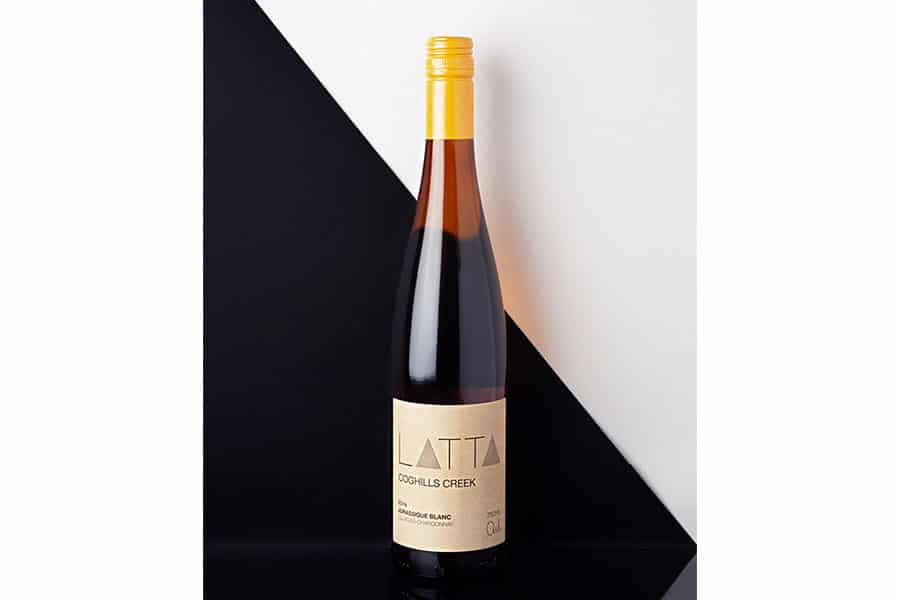
Joshua Cooper
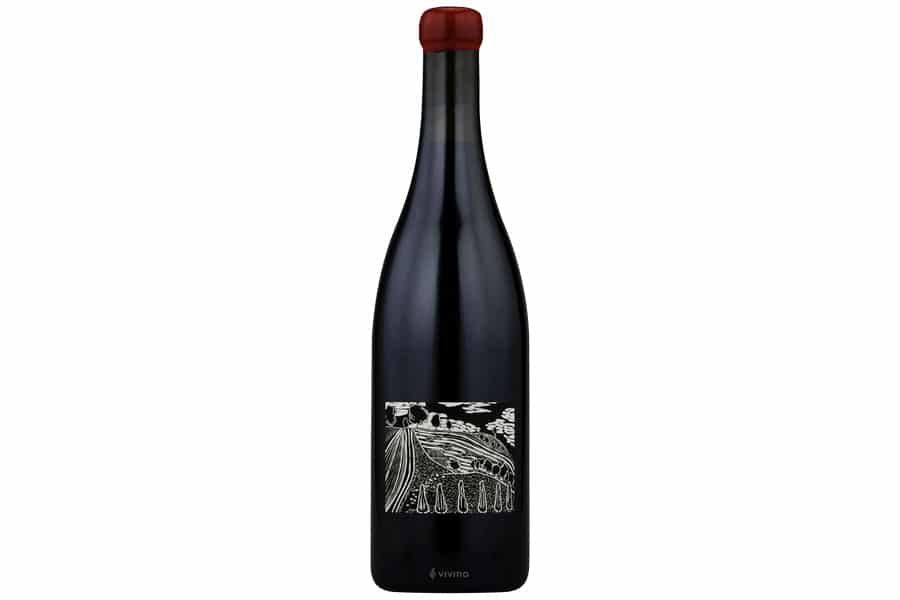
Sinapius
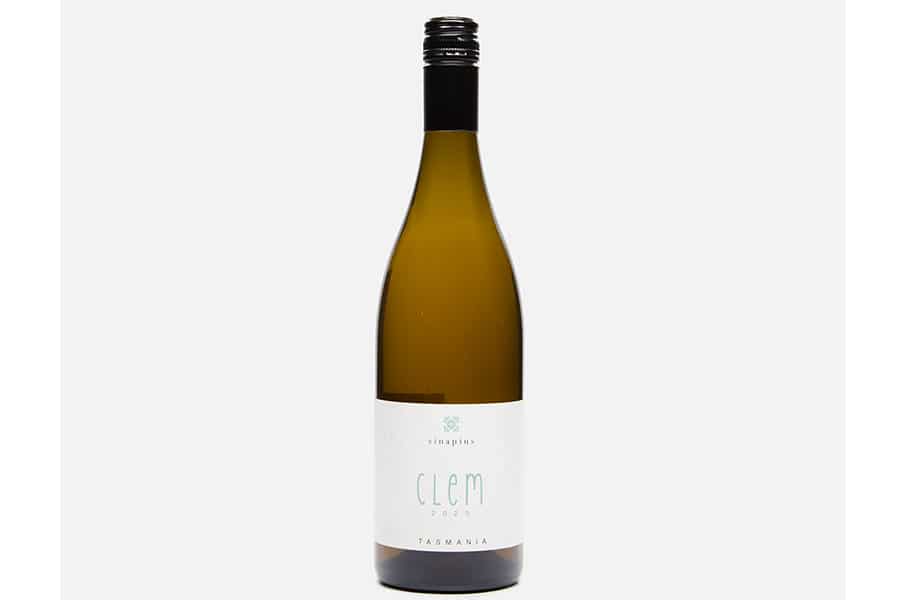
Ochota Barrels
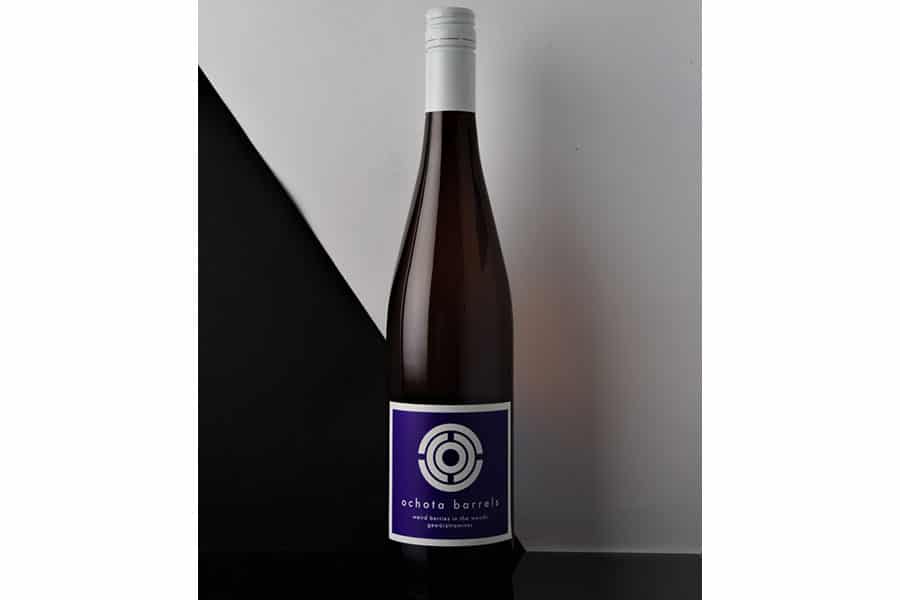
Sami-Odi
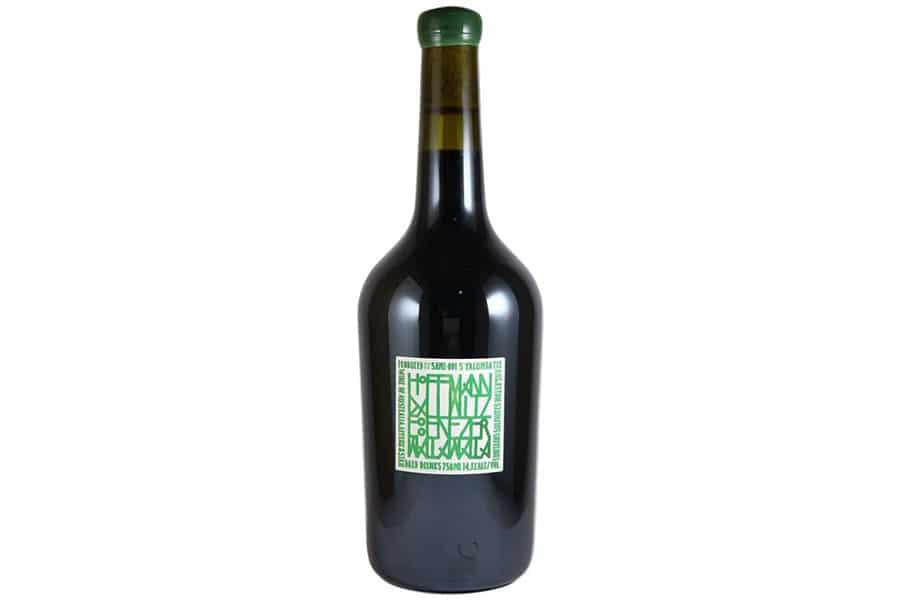
Angove Family Winemakers
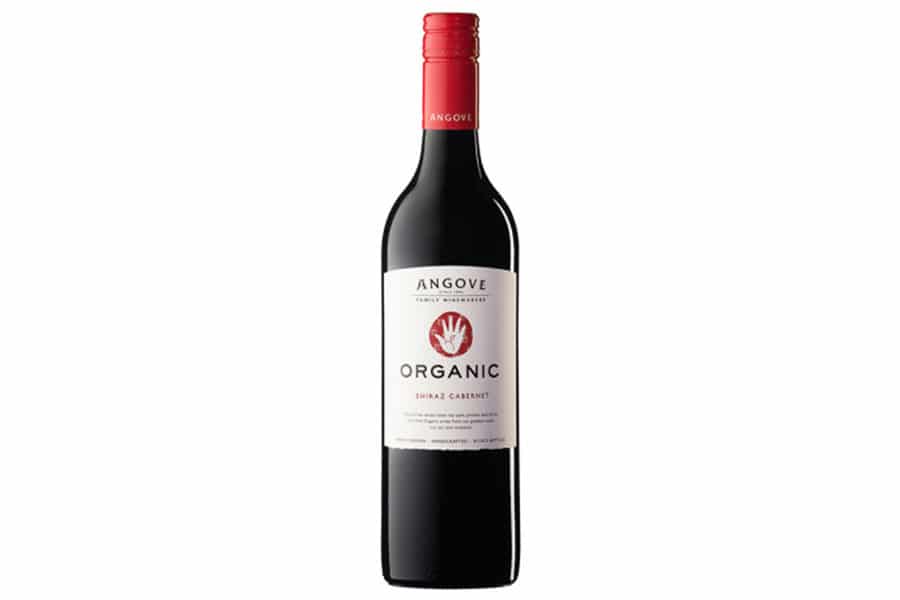
Here are some of our favourite wine-delivery services that'll bring you comfort during these strange times.
Images: @bistrot916 @restauranthubert

